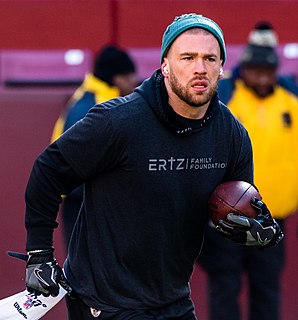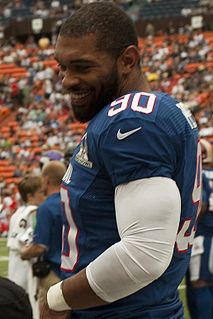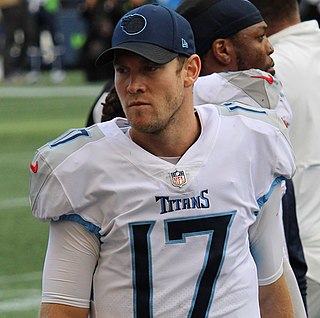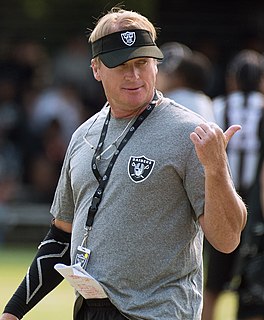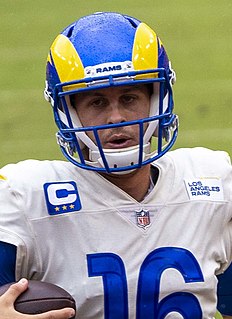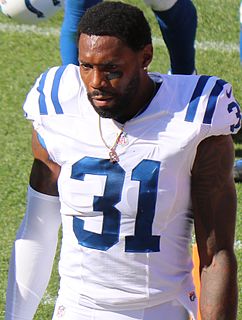A Quote by Zach Ertz
Red zone, third down, I want to be the guy who gets the number called. I put a lot of pride into what I do as a receiver in those situations - using my body when we need to make a play.
Related Quotes
I show up in a playoff game, I have my sideline sheet. I can't even spit plays out, I get so excited. I mean, you get nervous. These are critical, do-or-die situations. Third down and 1, Red Zone, what do I call? Two minute drill? Are we going to go no huddle? These are decisions that you wrestle with.
You need to just understand where the ball is and how to use your body. Timing your jump the right way is crucial. Learn how to use your body to shield the receiver and box him out, again, much like a rebound. Trying to beat a receiver to a ball can be a lot like you're posting him up. Rebounding is great practice because you can employ those skills - body position, leverage, timing - a lot more than you might in a football game or practice if the quarterback doesn't look your way.
When you see Robert Englund in a movie, you think he is the bad guy, but if I'm not the bad guy, and I'm supposed to just kind of fool the audience, it makes it a lot easier for whichever actor is the bad guy. So I find myself doing a lot of those, I think they're called red herring characters, faking out the audience.
The two biggest things to understand when you're tracking the ball as a defensive back is your position on the field and understanding that once the ball is in the air you become the receiver. Too many young defensive backs worry about the receiver catching it or what the receiver is doing instead of focusing on what they should be doing. Just go out and make the play yourself, don't worry about him. Know where the ball is and attack it. Put yourself in position to bat it or catch it and make the play.
